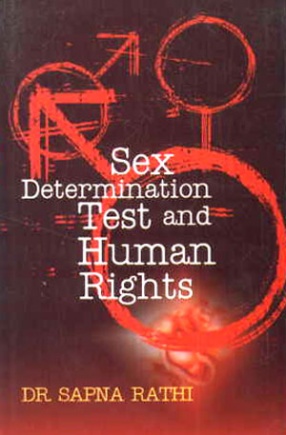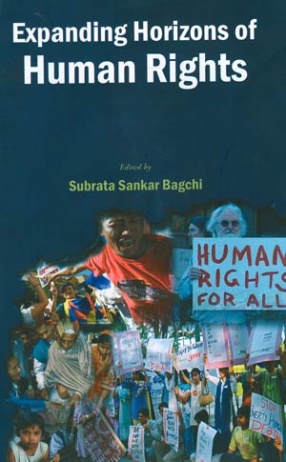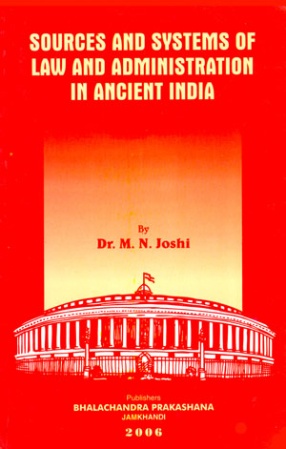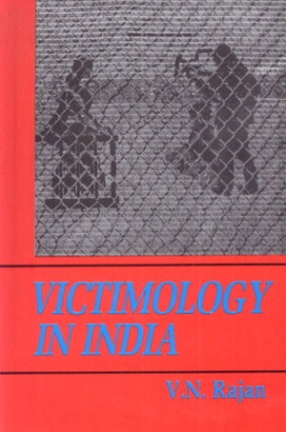Sex Determination Test and Human Rights
This book examines the impact of the development of Science and Technology on Human Rights with special reference to sex determination testing modern perspectives and sex selective abortions in India. It provides the historical background, concept, causes, data, relevant progressive legislations and judgments on the subject as well as the initiatives for legal reform and preventive strategies. An exhaustive study of Laws related to Sex Determination test, the interrelationships among science. Technology and Human Rights and role of judiciary have become part of this work. The book also contains important findings from many research works and articles.
The first chapter is of introductory nature It focuses on the development of science and technology especially in field of Medical Science and inter-relationship among science, technology and human rights. It also discusses about the concept of sex determination test and sex selective abortion. This chapter gives idea about several international instruments regarding the rights of fetus. IT also discusses progressive legislation regarding SDT and termination of pregnancy in India and the role of judiciary in this regard.
The second chapter is devoted to discuss at length the concept of human rights. The origin of human right has been traced from primitive era and chronological developments have been explained. It also discusses the notion of human rights in Indian perspective. The third chapter discusses the meaning, concept, nature and methods of sex determination test. Initially the sex determination test was invented for a pious cause of unborn child but later on it was started to be misused. The consequences of such misuse of this technology have been fully discussed in this chapter.
Law is an instrument to regulate human behaviour and control forced abortion, thus law has played tremendous role in controlling such illegal abortion. The fourth chapter analyzes the provisions of law pertaining to abortion with the help of decided cases. The fifth chapter discusses the international efforts to combat the vices of sex determination test. There are a number of international instruments that directly or indirectly deal with the rights of unborn child, especially female foetus.
The sixth chapter is fully devoted to discuss the laws pertaining to sex determination test and abortion in India. All the provisions of the Constitution of India relevant to this study have been highlighted and discussed. Special laws like-The Medical Termination of Pregnancy Act, 1971 and The Pre-Natal Diagnostic Techniques Act, 1994 and The Pre-Conception and Pre-Natal Diagnostic Techniques Act (PCPNDT Amendment of 2003) have been analyzed critically. There are some other laws like-Indian Penal Code, The Code of Criminal Procedure, The Medical Council Act 1956, etc, that deals with the vices of sex determination test. Besides these, there are some policies of government and some NGOs are also working in this field. In this chapter there is discussion about the relevant provisions of such laws, polices and the role of NGOs.
The chapter seven is devoted to discuss all such legal, ethical issues and judicial response towards sex determination test. The Indian Medical Council (Professional Conduct, Etiquette and Ethics) Regulations, 2002 lays down ethical norms for a medical practitioner, the analysis of medical ethics has also become part of this chapter. The last chapter eight gives conclusions and viable suggestions of the author.
Get it now and save 10%
BECOME A MEMBER







Bibliographic information